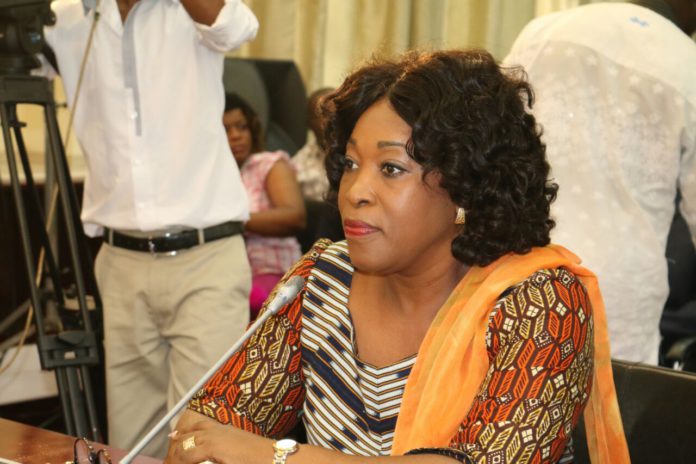The leadership of the Economic Community of West African States (ECOWAS) has, with immediate effect, suspended Mali.
This is the outcome of the emergency summit held at the Kempinski Hotel in Accra, called by the Chairman of ECOWAS, President Akufo-Addo, to deliberate on the political crisis in Mali following the coup by the Malian military led by Colonel Assimi Goïta.
Briefing the media after the closed-door summit, Minister of Foreign Affairs, Shirley Ayorkor Botchwey said the decision follows ECOWAS’s least tolerance for chaos, lawlessness and disregard for Laws that bind a Country.
According to her, the decision of the leaders to suspend Mali is in accordance with the protocol on ‘Democracy and Good Governance.’
She added that until Colonel Assimi Goïta seizing power this week, the regional body was still hopeful Mali will comply with the February, 2022 set-date to return the country to democratic rule.
“The situation in Mali is something that ECOWAS frowns upon-a coup has occurred again, we all thought we were in a transition towards the end of next year, when the Country will be returned to Constitutional rule.
“Unfortunately, this has happened and it is incumbent on the Heads of State to look at the whole situation so that it doesn’t happen again and also to safeguard the security situation in the whole of West Africa”
The Minister added that regardless of the suspension, the Malian Military and its leaders will “work with ECOWAS to ensure that the transition is on track towards the end goal, which is to return the people of Mali to democratic rule.”
Meanwhile, President Akufo-Addo has assured that members of the Economic Community of West African States (ECOWAS) are committed to finding a peaceful solution and to restore democracy and stability in the country.
Speaking at the summit, the Chairman of ECOWAS said that the recent happenings in Mali have, again, raised anxiety levels in the West African Sub-Region.
He explained that it has “somewhat, shaken the hope many had for a peaceful, successful transition, which will result in the return to democratic governance in Mali, and, ultimately, and hopefully, the political stability of the country.”
“In this respect we must critically examine the dynamics of the situation and make informed decisions,” he added.
Madam Ayorkor Botchwey has however disclosed that the suspension will come to an end immediately the Country returns to civilian government.

